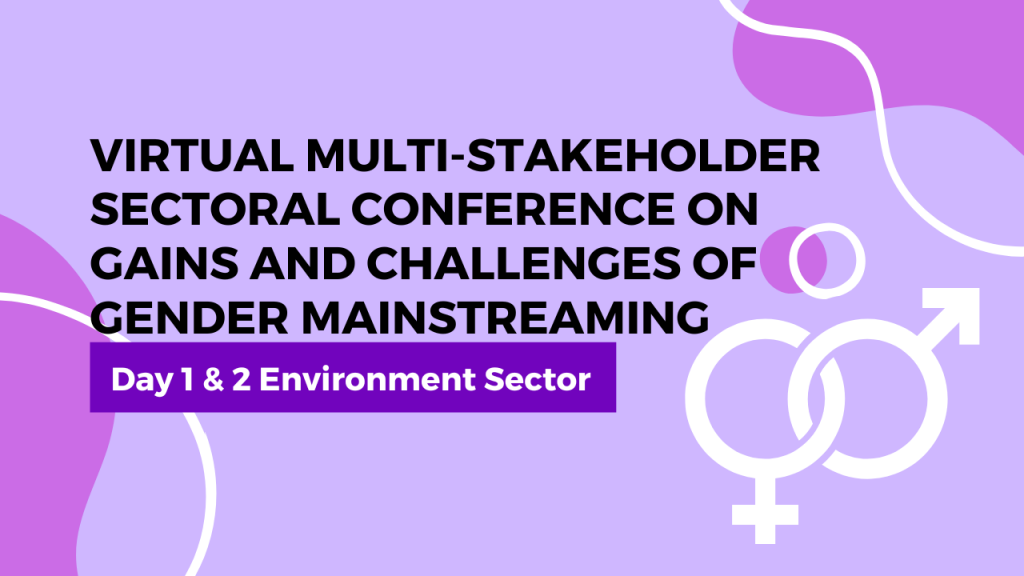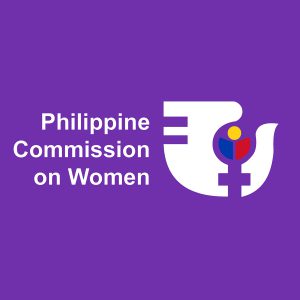
The Gains and Challenges of Gender Mainstreaming: the PCW and NAPC Sectoral Multi-Stakeholder Conference provided a venue for sharing valuable lessons learned from implementing various programs and projects to address the issues and concerns of the sectors to gather lessons learned from the perspective of key stakeholders. It also gathered the gains and challenges that surfaced and served as inputs for the development of gender-responsive policies, programs, and interventions that are more focused on the grassroots level. The conference recognized the shift from a government-focused gender mainstreaming approach to a multi-sectoral and multi-dimensional approach that harnesses gender mainstreaming efforts of civil society, the academe, international organizations, the private sector, and the grassroots level towards a synergistic and inclusive gender-responsive governance approach.
The environment sector breakout sessions and discussions presented the best practices in implementing climate change adaptation and mitigation and disaster risk reduction projects and programs. These phenomena in the environment sector impact human security and cut across socio-economic issues.
Women and girls are disproportionately impacted by the direct and indirect impacts of climate change and disasters not because of innate characteristics but because of the social structures and cultural norms that show gender inequalities. Gender mainstreaming in environment sector initiatives is essential for these projects and programs to be gender-responsive and transformative.
| Asset Type: | Video |
| Collection: | Philippine Commission on Women |
| Subject: | Gender, Gender Mainstreaming, Environment, Plans Policies and Programs, Gender Analysis, Gender Programming, Institutional Mechanism, Disaster Reduction and Risk Management, Environmental Awareness, Climate Change, Sustainable Development |
| Creator: | Philippine Commission on Women |
| Publisher: | Philippine Commission on Women |
| Publication Date: | October 18, 2022 |

